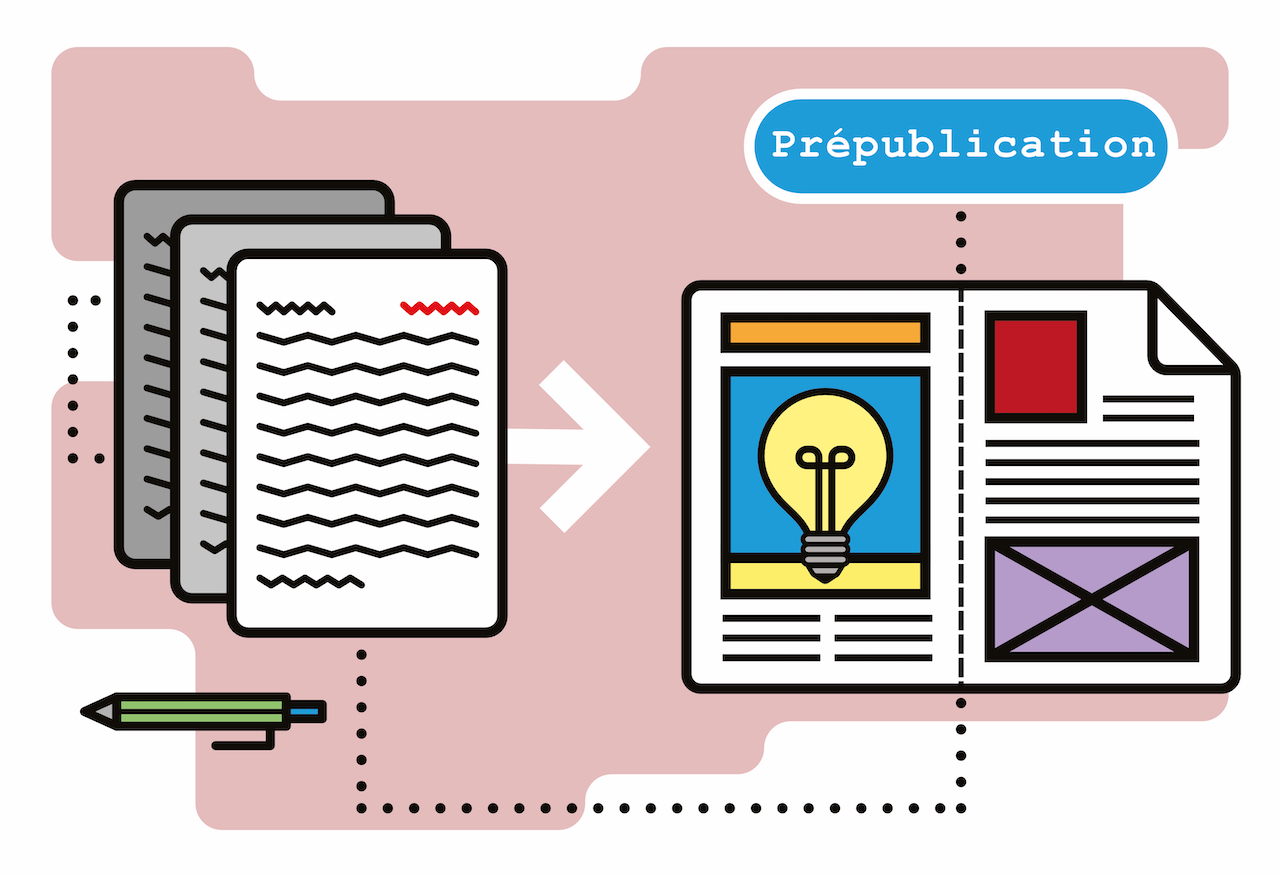Fiche du document
25 février 2025
- ISIDORE Id: 10670/1.52e97c...
- hal: hal-04966432
- doi: 10.1016/j.cct.2025.107858
Ce document est lié à :
info:eu-repo/semantics/altIdentifier/doi/10.1016/j.cct.2025.107858
http://creativecommons.org/licenses/by-nc-nd/ , info:eu-repo/semantics/OpenAccess
Mots-clés
Breast cancer treatment Cancer treatment-related cognitive impairment Cognitive remediation Quality of lifeCiter ce document
Pedro Alejandro Rodriguez Nunez et al., « Cognitive remediation in breast cancer survivors: A study protocol », HAL SHS (Sciences de l’Homme et de la Société), ID : 10.1016/j.cct.2025.107858
Métriques
Partage / Export
Résumé
Cancer treatment-related cognitive impairment, also known as “Chemobrain,” is frequently reported among cancer survivors. This condition can persist for months after the end of cancer treatment and can affect various aspects of a patients' quality of life. Despite growing evidence, research into effective treatments remains an emerging field. This project aims to assess the effectiveness of a cognitive remediation protocol called Oncogite in reducing cancer treatment-related cognitive impairment. The primary outcomes are self-reported functional and emotional well-being. The secondary outcomes include measures of executive function (working memory, inhibition, shifting), episodic memory, perceived cognitive function and perceived quality of life. One hundred sixty-four breast cancer survivors will be recruited from an existing cohort. Patients will be randomized to either a cognitive remediation group or a no intervention group. Participation in the workshops will be via videoconferencing, led by a neuropsychologist. Patients in the experimental group will also have access to an internet platform with the exercises practiced between the group workshops. The intervention will last four months at a rate of one workshop per week. The following data will be collected: emotional and functional well-being, neurocognitive performance, switching, inhibition, cognitive complaints, episodic memory, fatigue and depression. We will conclude that the intervention is effective if there is 4-month improvement in both emotional and functional well-being to find in the experimental group in their cognitive functioning. This research will contribute to the development of new clinical tools for cancer treatment-related cognitive impairment and facilitate the return to work in cancer survivors.
